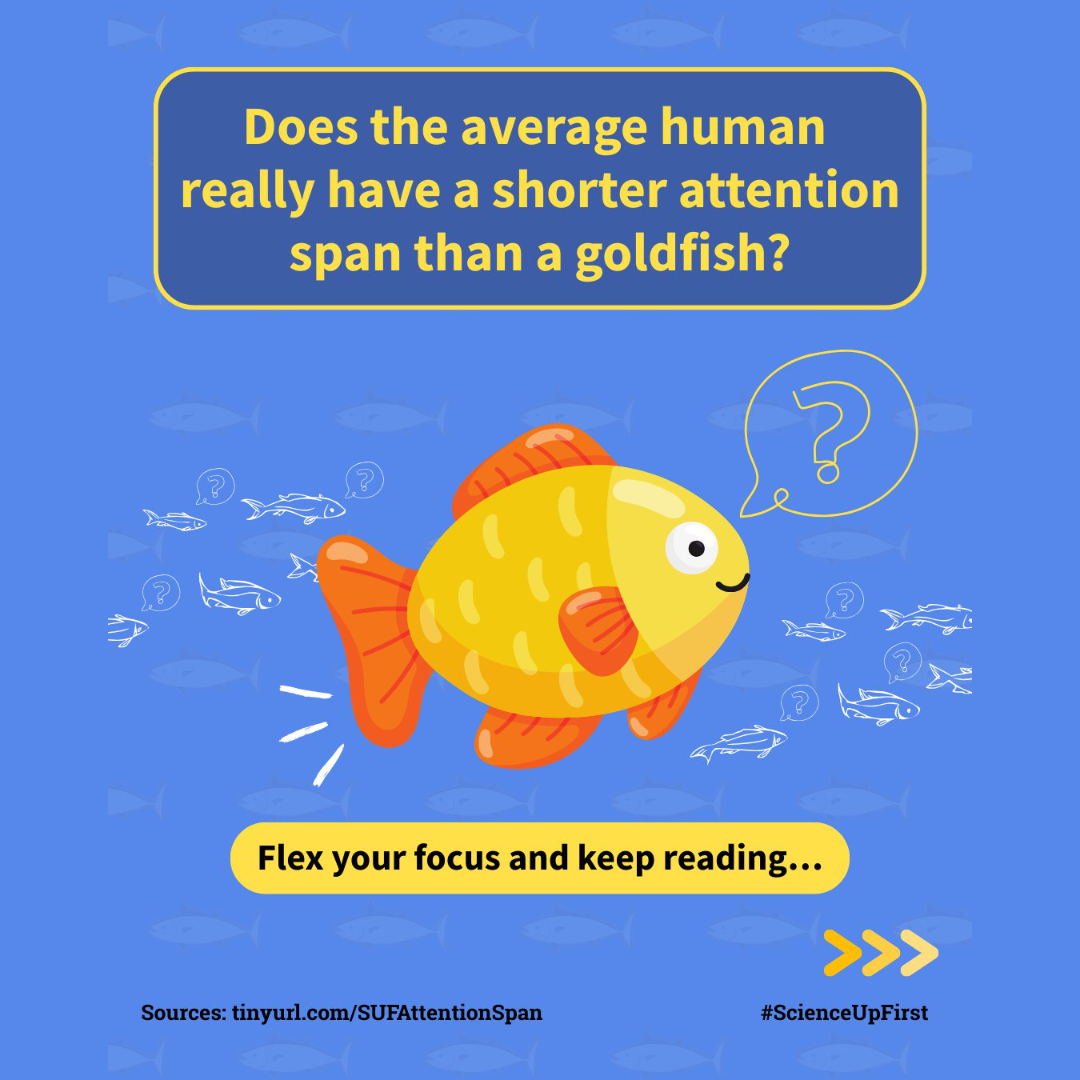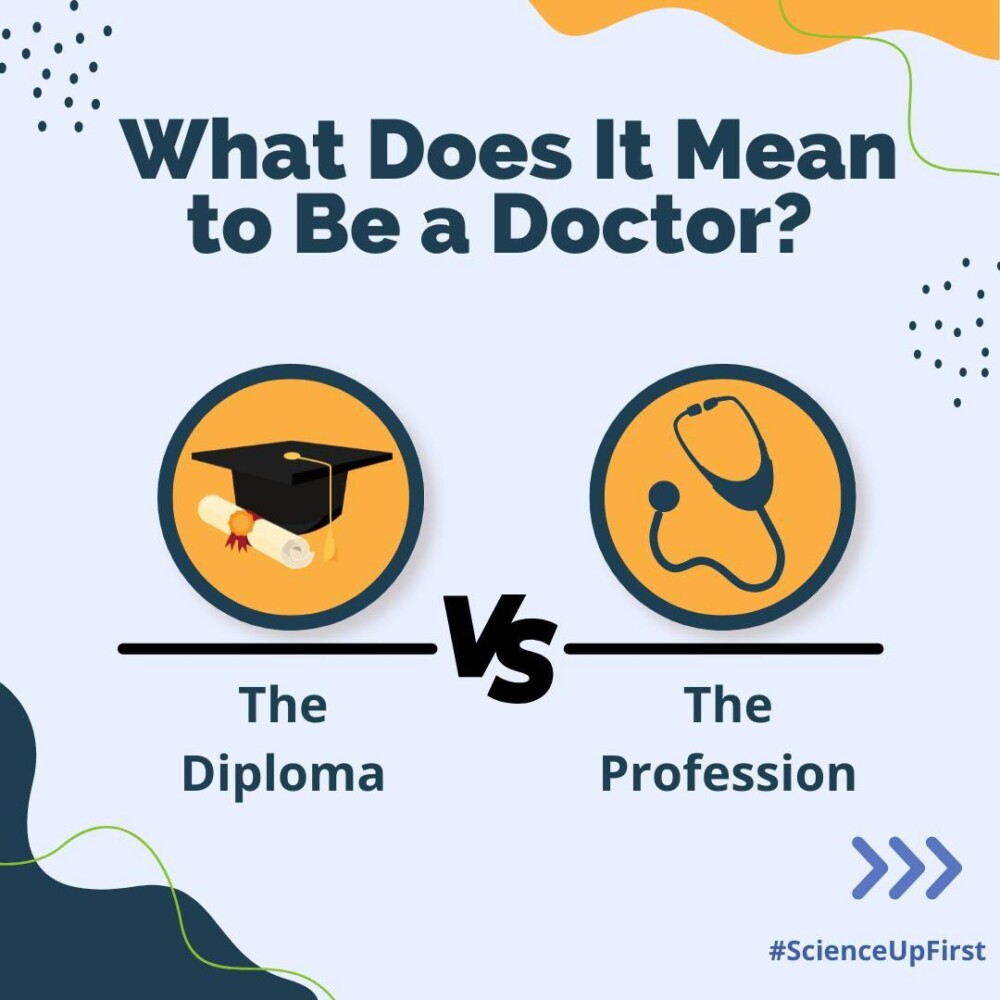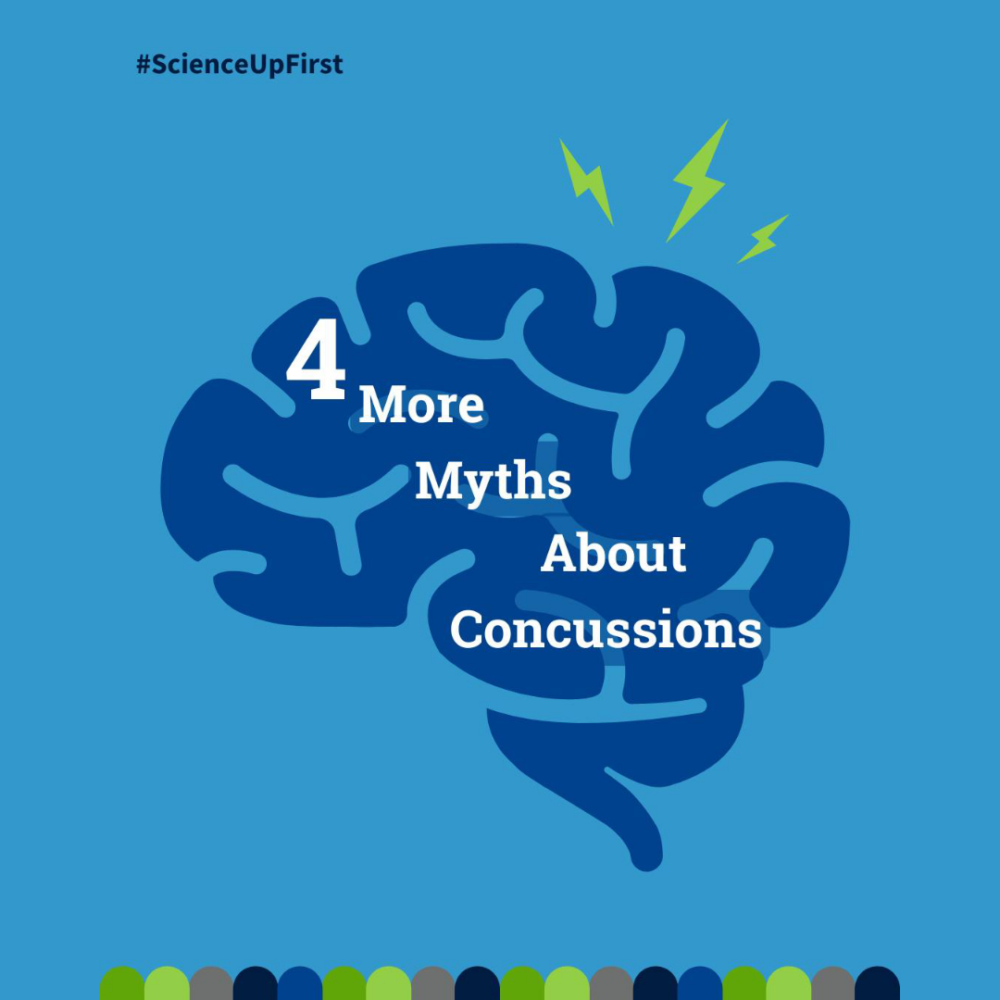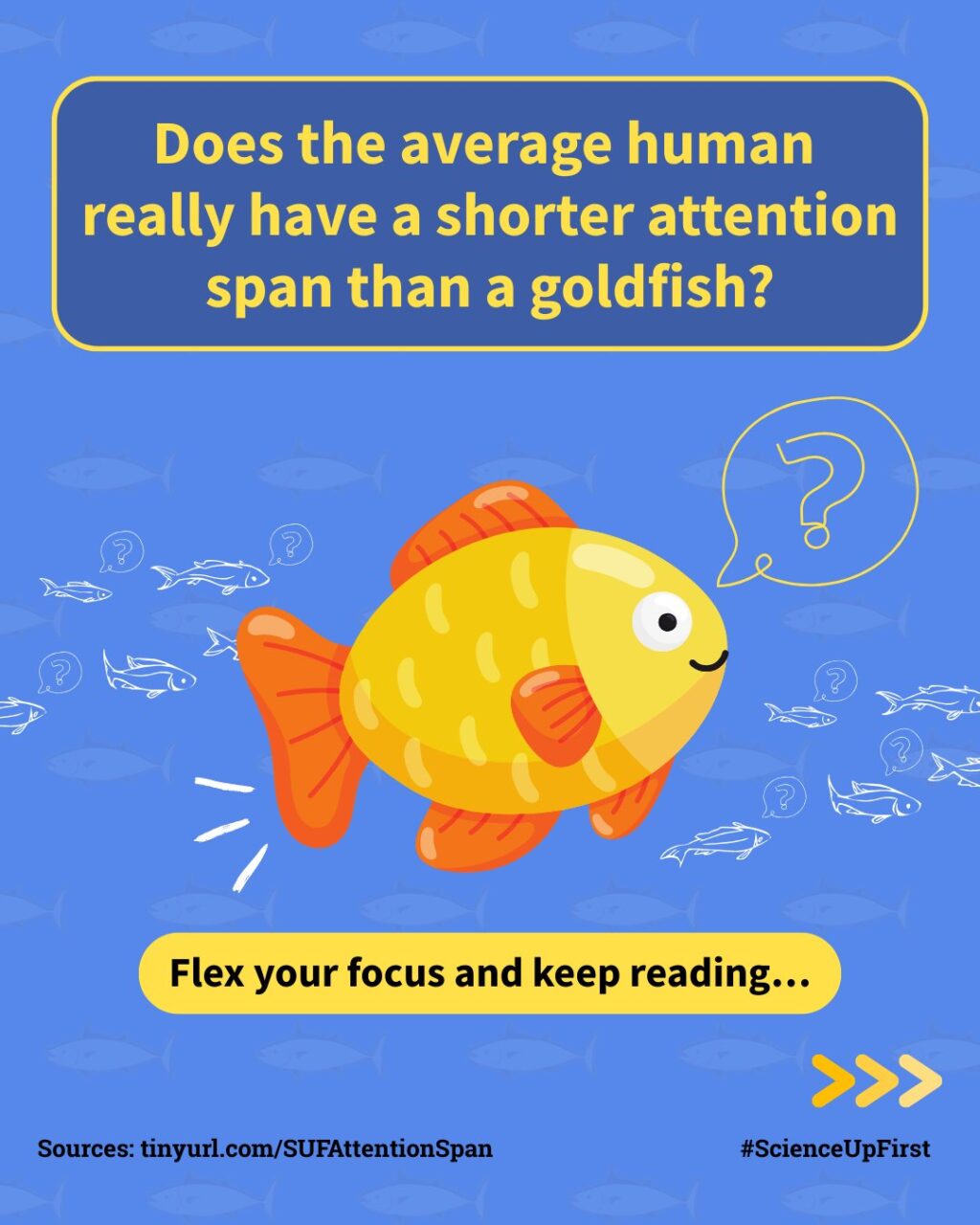
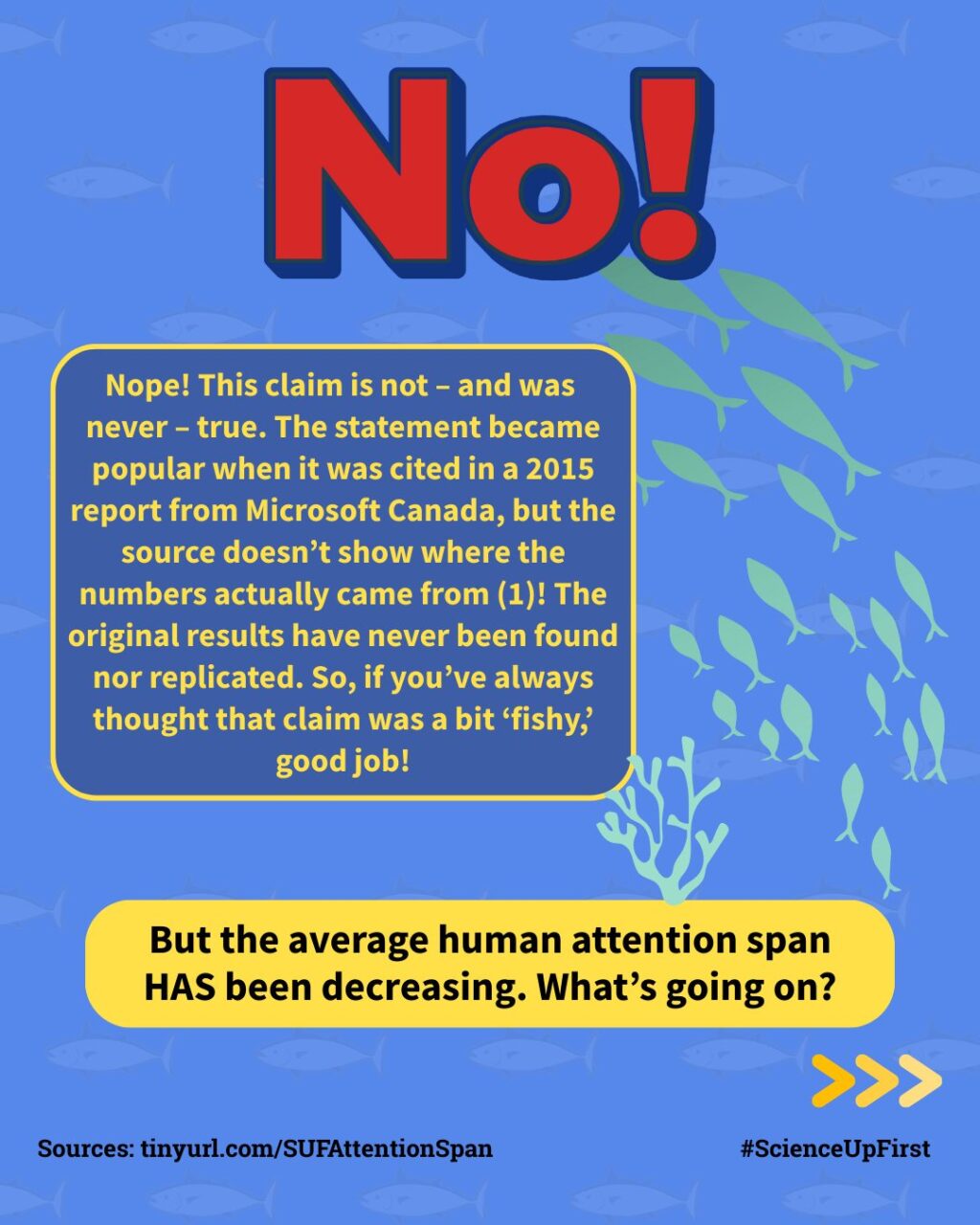
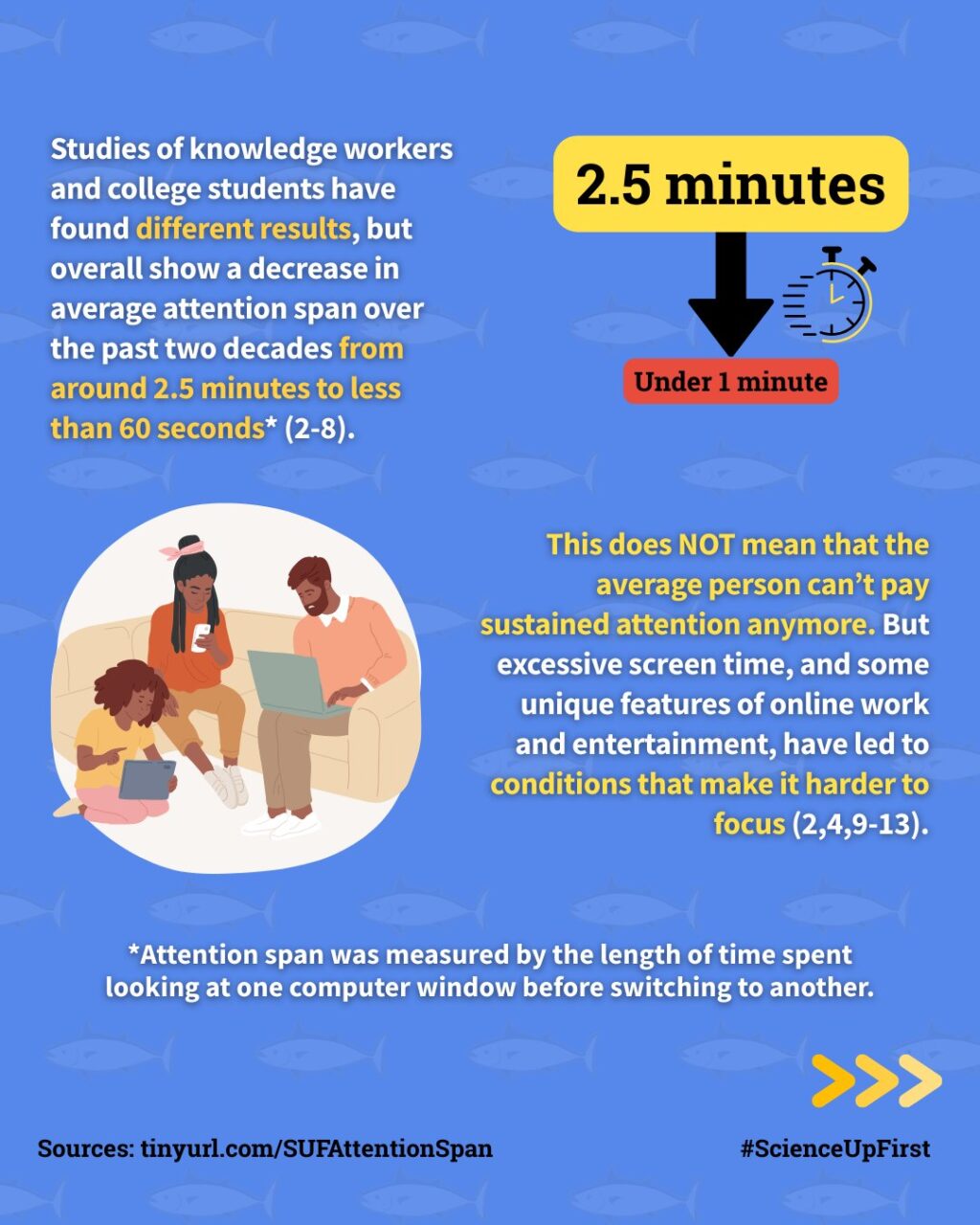
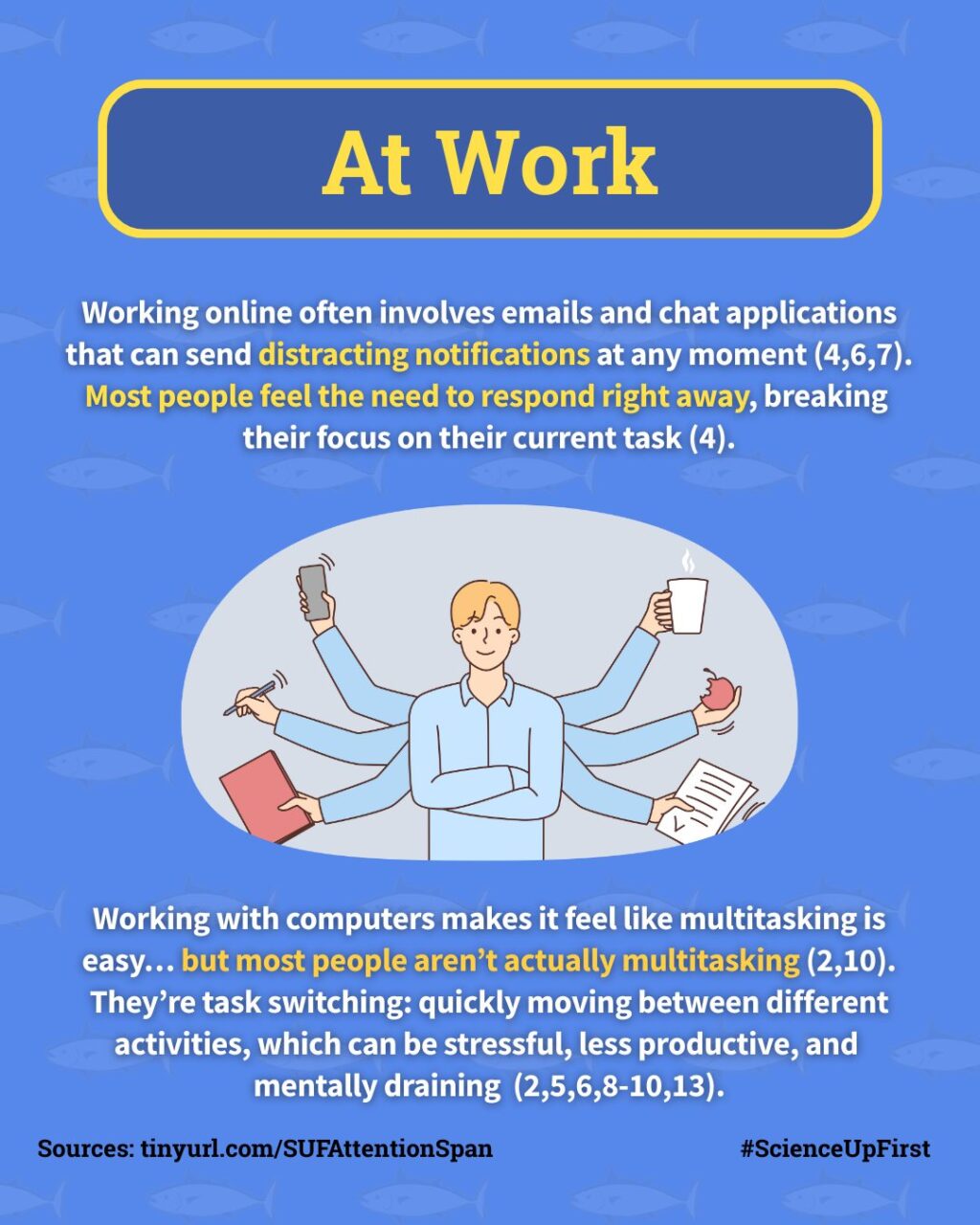
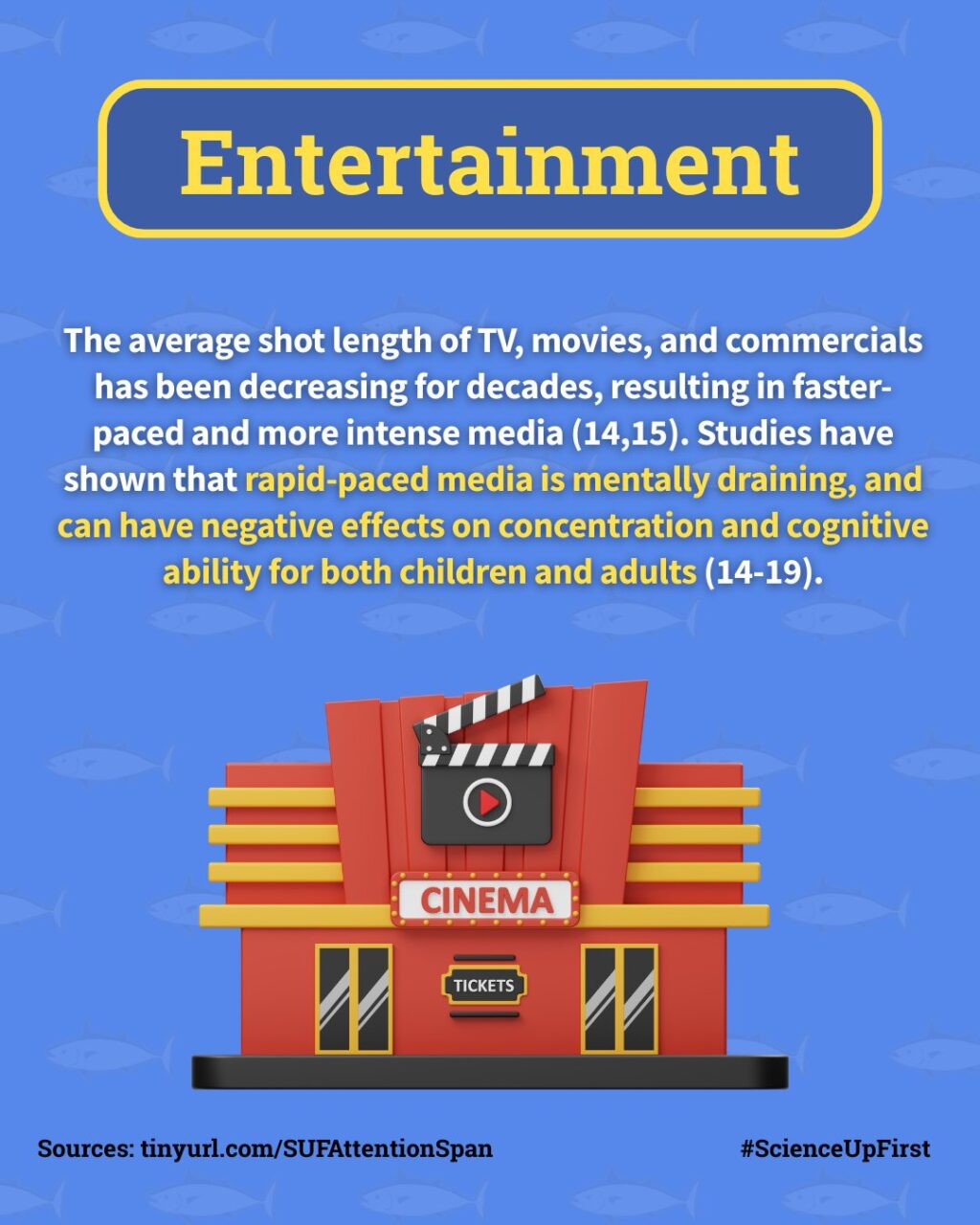
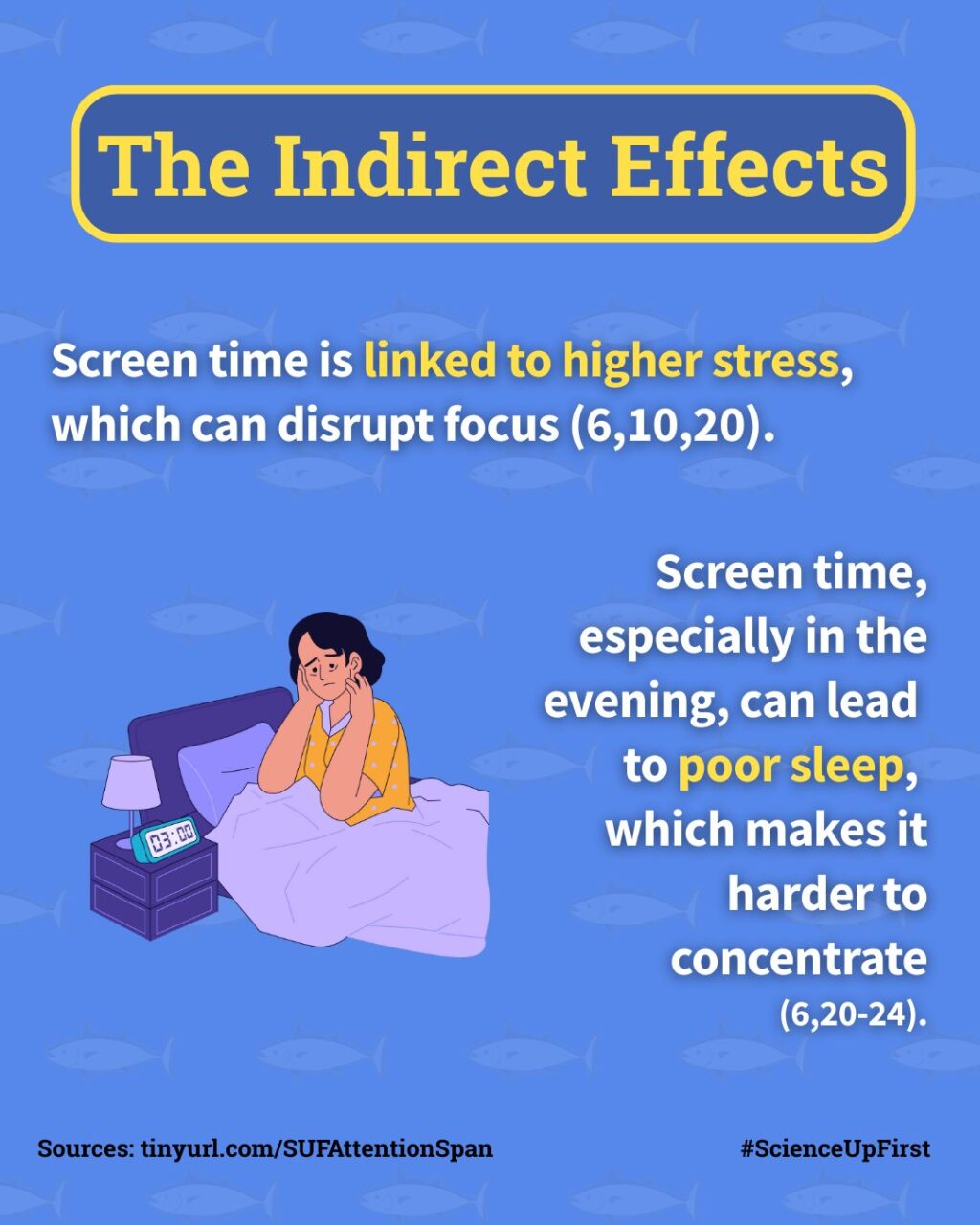
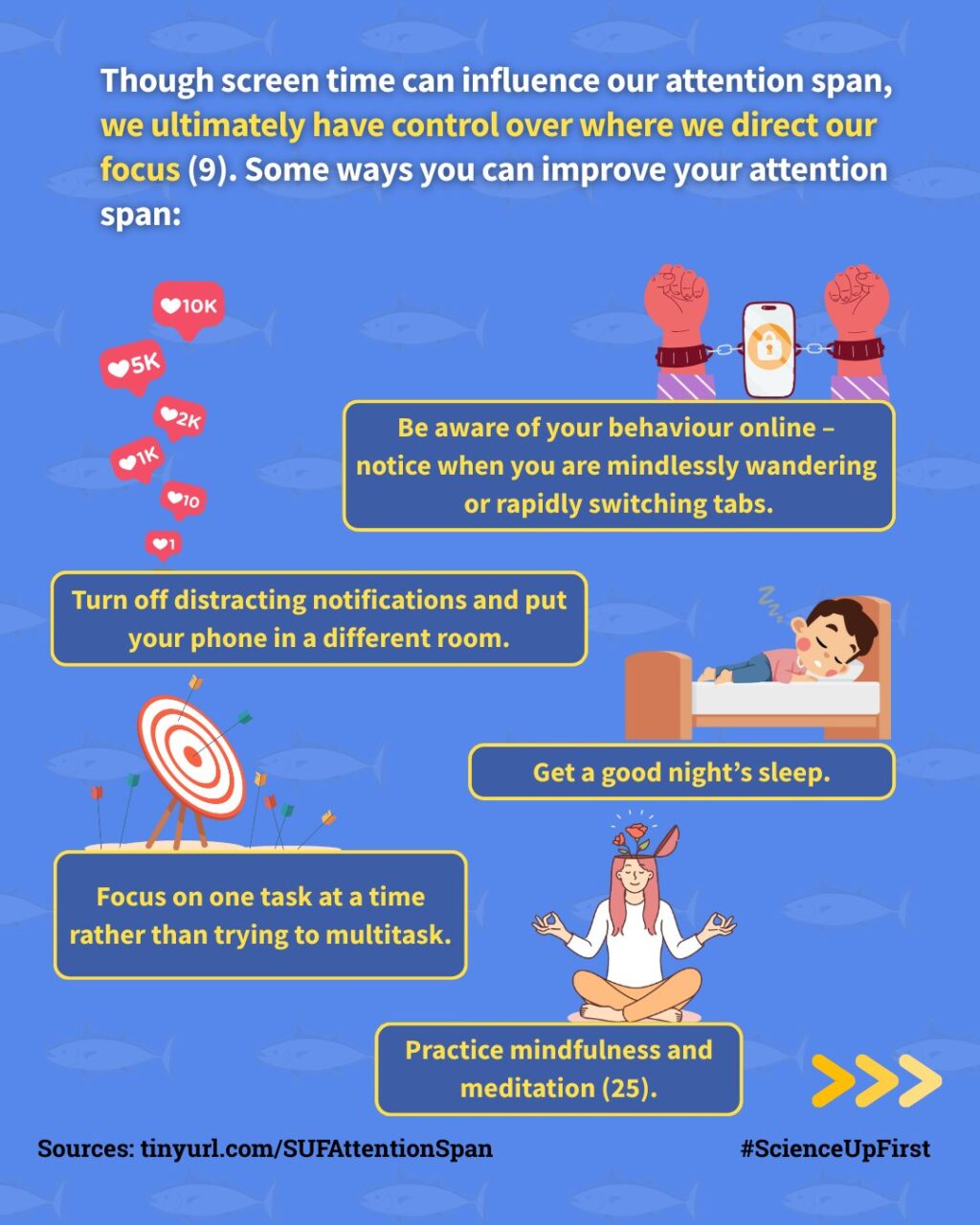
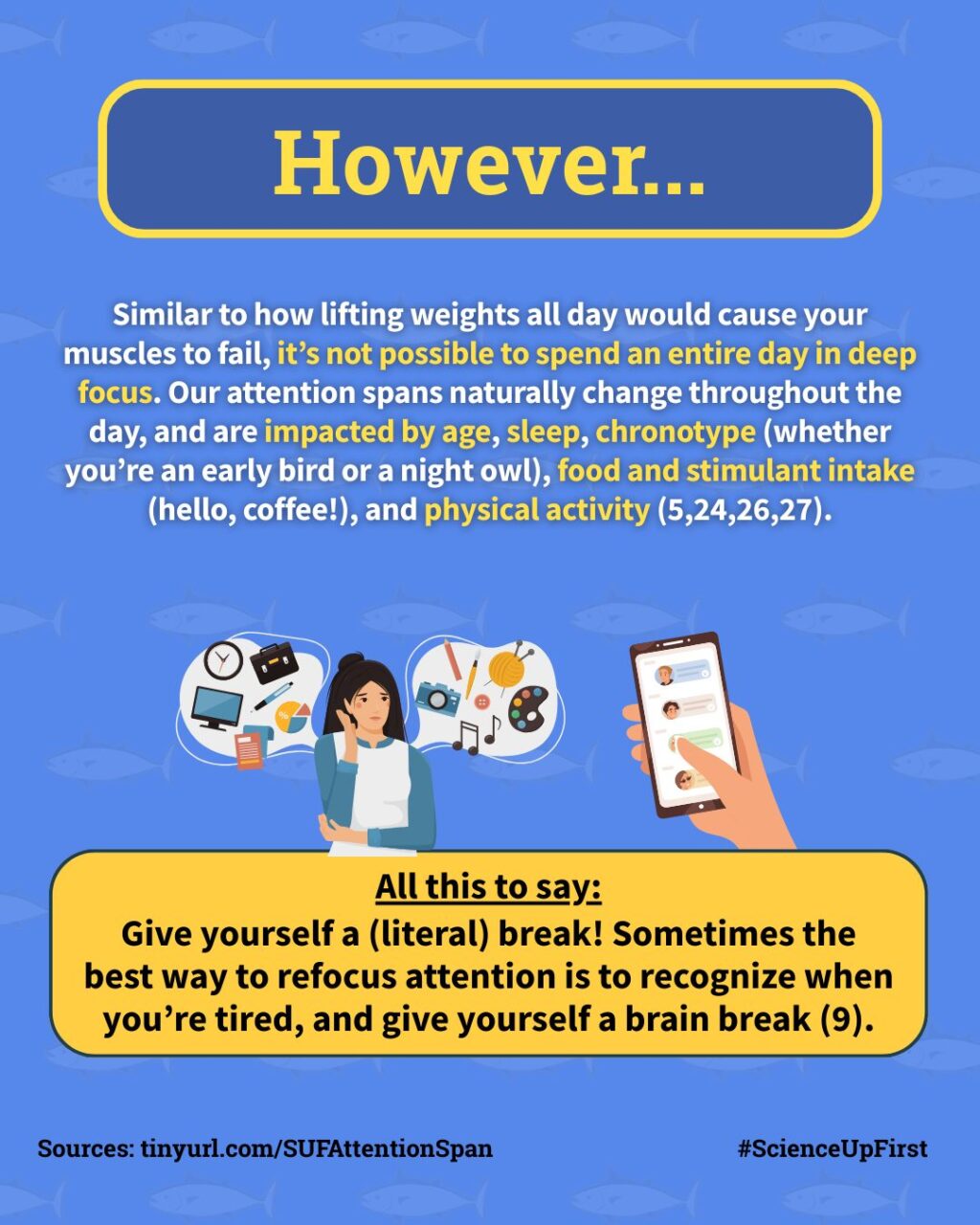
Has anyone ever told you that your attention span is shorter than a goldfish’s? 🐠
While this claim was never true, our attention spans ARE changing! 📉 In both our work and our leisure time, screens and the internet have unique features that can make it harder for us to maintain focus.
Keep reading for insights on what’s really going on with your attention span, and how you can reclaim yours.
- Busting the attention span myth | BBC News | 10 March 2017
- Stress and Human-Computer Interaction at the Workplace: Unobtrusive Tracking With Wearable Sensors and Computer Logs | University of California, Irvine | 2021
- “Constant, Constant, Multi-tasking Craziness”: Managing Multiple Working Spheres | Proceedings of the 2004 Conference on Human Factors in Computing Systems | April 2004
- “A Pace Not Dictated by Electrons”: An Empirical Study of Work Without Email | Proceedings of the SIGCHI Conference on Human Factors in Computing Systems | May 2012
- Bored mondays and focused afternoons: the rhythm of attention and online activity in the workplace | Proceedings of the SIGCHI Conference on Human Factors in Computing Systems | April 2014
- Neurotics Can’t Focus: An in situ Study of Online Multitasking in the Workplace | Proceedings of the 2016 CHI Conference on Human Factors in Computing Systems | May 2016
- The Work Life of Developers: Activities, Switches and Perceived Productivity | IEEE Journals & Magazine | IEEE Transactions on Software Engineering | 23 January 2017
- Multitasking on a Single Device: Arousal and the Frequency, Anticipation, and Prediction of Switching Between Media Content on a Computer | Journal of Communication | 7 January 2014
- Are Attention Spans Actually Decreasing? | The Center for Brain, Mind and Society, Columbia University | 2024
- Adverse physiological and psychological effects of screen time on children and adolescents: Literature review and case study | Environmental Research | July 2018
- Accelerating dynamics of collective attention | Nature Communications | 15 April 2019
- No Task Left Behind? Examining the Nature of Fragmented Work | Proceedings of the SIGCHI Conference on Human Factors in Computing Systems | April 2005
- Media Multitasking Behavior: Concurrent Television and Computer Usage | Cyberpsychology, Behavior, and Social Networking | September 2011
- Camera shot length in TV commercials and their memorability and persuasiveness | Journal of Advertising Research | 1993
- Quicker, faster, darker: Changes in Hollywood film over 75 years | i-Perception | 30 September 2011
- Associations Between Content Types of Early Media Exposure and Subsequent Attentional Problems | Pediatrics | December 2007
- The effects of production pacing and arousing content on the information processing of television messages | Journal of Broadcasting & Electronic Media | 1999
- The Short-Term Effect of Video Editing Pace on Children’s Inhibition and N2 and P3 ERP Components during Visual Go/No-Go Task | Developmental Neuropsychology | July 2019
- The Immediate Impact of Different Types of Television on Young Children’s Executive Function | Pediatrics | October 2011
- Low Physical Activity and High Screen Time Can Increase the Risks of Mental Health Problems and Poor Sleep Quality among Chinese College Students | PLoS ONE | 18 March 2015
- Screen Time Among Medical and Nursing Students and Its Correlation With Sleep Quality and Attention Span: A Cross-Sectional Study | Cureus | 15 April 2024
- The Association Between Self-Reported Screen Time, Social Media Addiction, and Sleep Among Norwegian University Students | Frontiers in Public Health | 15 December 2021
- Influence of internet addiction on executive function and learning attention in Taiwanese school-aged children | Perspectives in Psychiatric Care | 31 January 2018
- Cognitive rhythms: unobtrusive and continuous sensing of alertness using a mobile phone | Proceedings of the 2016 ACM International Joint Conference on Pervasive and Ubiquitous Computing | 12 September 2016
- Mindfulness practice for focus | Harvard Health Publishing | 19 April 2024
- Circadian Rhythms in Attention | Yale Journal of Biology and Medicine | 25 March 2019
- Circadian rhythms of performance: new trends | Chronobiology International | November 2000
Share our original Bluesky Post!
Has anyone ever told you that your attention span is shorter than a goldfish's? 🐠 Keep reading for insights on what’s really going on with your attention span, and how you can reclaim yours. 👇 scienceupfirst.com/science-101/… #ScienceUpFirst
— ScienceUpFirst (@scienceupfirst.bsky.social) May 16, 2025 at 3:54 PM
[image or embed]
View our original Instagram Post!

